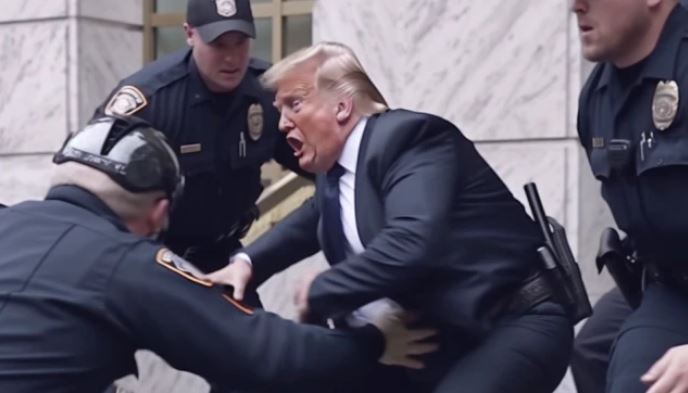
Important Takeaways:
- Newsom said “the bill applies stringent standards to even the most basic functions — so long as a large system deploys it. I do not believe this is the best approach to protecting the public from real threats posed by the technology.”
- Google in an emailed statement Sunday thanked Newsom “for helping California continue to lead in building responsible AI tools” and said it looked forward to “working with the Governor’s responsible AI initiative and the federal government on creating appropriate safeguards and developing tools that help everyone.”
- OpenAI said in an emailed statement Sunday that the company appreciated Newsom’s “commitment to maintaining California’s role as a global leader in AI innovation, and look forward to working with him and state lawmakers in well-defined areas of public interest such as deepfakes, child safety, and AI literacy.”
- Scott Wiener, a state senator from San Francisco who authored the bill in California’s Senate, said in a statement Sunday the veto represented a “missed opportunity for California to once again lead on innovative tech regulation — just as we did around data privacy and net neutrality — and we are all less safe as a result.”
- Nonprofit Accountable Tech in an emailed statement said “This veto will not ’empower innovation’ — it only further entrenches the status quo where Big Tech monopolies are allowed to rake in profits without regard for our safety, even as their AI tools are already threatening democracy, civil rights, and the environment with unknown potential for other catastrophic harms,” it added.
Read the original article by clicking here.

Revelations 13:14 “…by the signs that it is allowed to work in the presence of the beast it deceives those who dwell on earth…”
Important Takeaways:
- Microsoft founder Bill Gates has made it clear: AI is poised to change the world as we know it, and we need to start readying ourselves for that not-so-distant future.
- “Soon after the first automobiles were on the road, there was the first car crash,” the billionaire wrote in a Tuesday post on his personal blog. “But we didn’t ban cars,” he added, arguing that we instead began to enforce “rules of the road.”
- “We’re now in the earliest stage of another profound change, the Age of AI,” he continued. “It’s analogous to those uncertain times before speed limits and seat belts.”
- Gates then went on to list a number of legitimate AI concerns that underscore the growing need for AI rules and regulations. At the top of Bill’s Bad List, notably, was the threat that AI poses to democratic election meddling and misinformation.
- “Deepfakes and misinformation generated by AI could undermine elections and democracy,” Gates wrote. “On a bigger scale, AI-generated deepfakes could be used to try to tilt an election. Of course, it doesn’t take sophisticated technology to sow doubt about the legitimate winner of an election, but AI will make it easier.”
Read the original article by clicking here.

Revelations 13:14 “…by the signs that it is allowed to work in the presence of the beast it deceives those who dwell on earth…”
Important Takeaways:
- Deepfakes showing arrest of Donald Trump go viral ahead of possible indictment
- Deepfakes of former United States president Donald Trump being arrested and imprisoned have flooded Twitter as a New York Grand Jury decides whether to press charges over hush money payments made to a porn star in 2016.
- Eliot Higgins, founder of open-source investigative outlet Bellingcat, created the images with an AI art generator and posted them in a thread which went viral on Wednesday.
- The fake pictures, which show Mr Trump fighting off police and the reactions of his son and wife, have been viewed more than four million times.
- Other images created by Mr Higgins show the former President fleeing from officers, breaking down in tears and donning an orange jumpsuit as he is put behind bars.
- He captioned the thread: “Making pictures of Trump getting arrested while waiting for Trump’s arrest.”
- As the deepfakes spread across social media some users suggested the images were real, fueling concerns about the use of AI in spreading potentially harmful misinformation.
Read the original article by clicking here.





